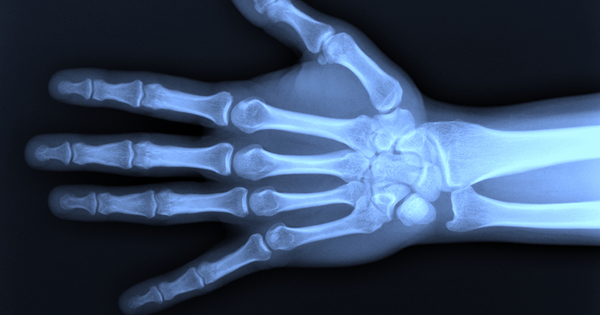Mel Sevieri is a 25-year-old university student from Plymouth, Devon. About two months ago, she began to experience an unusual tingling sensation in her left hand, but she couldn’t figure out the cause. When she tried to massage her left forearm in hopes of ameliorating it, the pain only got worse.
That was when she finally went to the doctor to get the problem properly diagnosed.
When Sevieri’s general physician asked her how often she used her phone, that was when she realized the root cause of her pain: textitis.
The condition “textitis” was coined by an American surgeon called Dr. Mark Ciaglia after he noticed that his arthritis patients were gradually decreasing in age. Just a few years ago, all of his arthritis patients were at least 50 years old. Now, many had yet to reach 40.
“With texting and video games and excessive use of computers and typing,” Dr. Ciaglia explained, “you are wearing the joints out sooner.”
Another physiotherapist, Sammy Margo, agrees with Dr. Ciaglia, “Children leaving school today are the first generation to have grown up with touch screens, so I fear we’re heading towards a ticking timebomb for so many.”
Many health experts agree that human thumbs weren’t meant for constant, repetitive, small motions – like texting or typing. But because our daily practices require us to do so, we’re constantly overusing the tendons in our forearms and overstraining them.
Another joint that generally causes problems is the carpo-metacarpal joint at the bottom of the thumb. Overuse of this particular joint can cause the joint to begin clicking because of strain in the ligament, which can increase the risk of developing osteoarthritis later in life.
Unfortunately, doctors don’t have much advice for how to avoid these problems because the causes are so ubiquitous.
As for Sevieri, she’s trying not to check her phone as often as she does. (She once admitted to checking Instagram 120 times in one day.) “Nowadays, I put my phone down the second my hand starts to ache,” she explains, “I would like to use technology less but it’s impossible; it’s how I communicate with people…”





